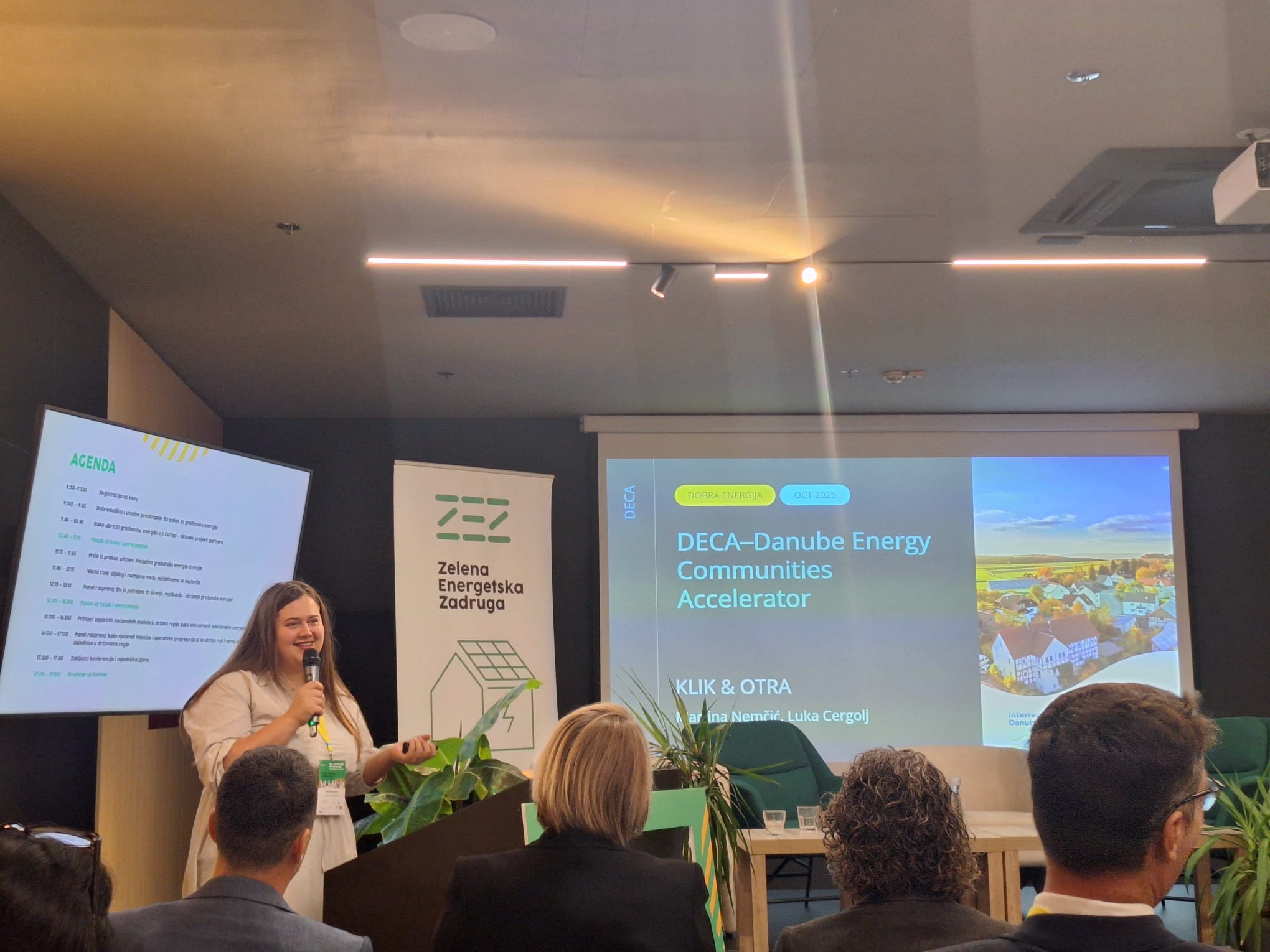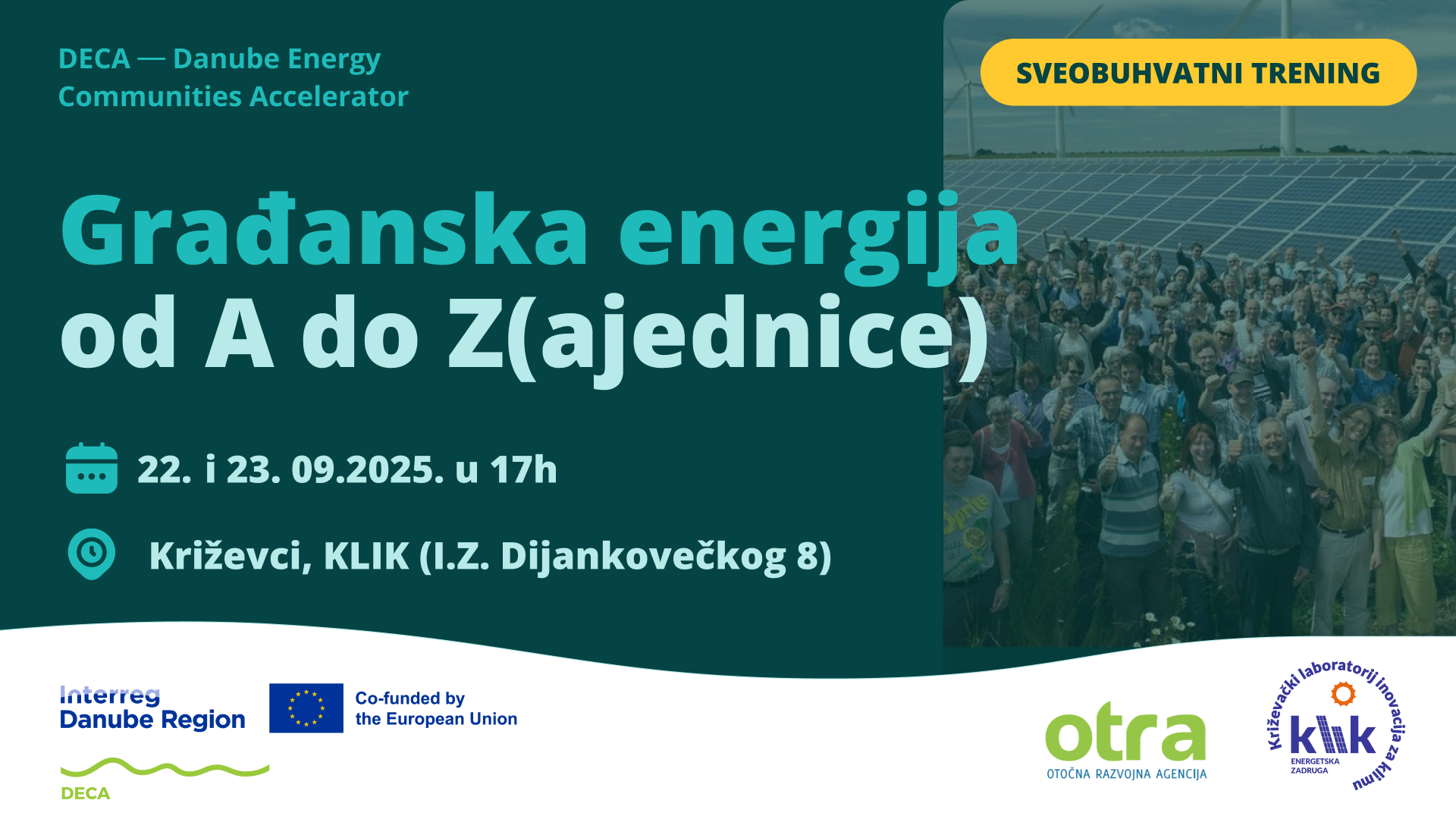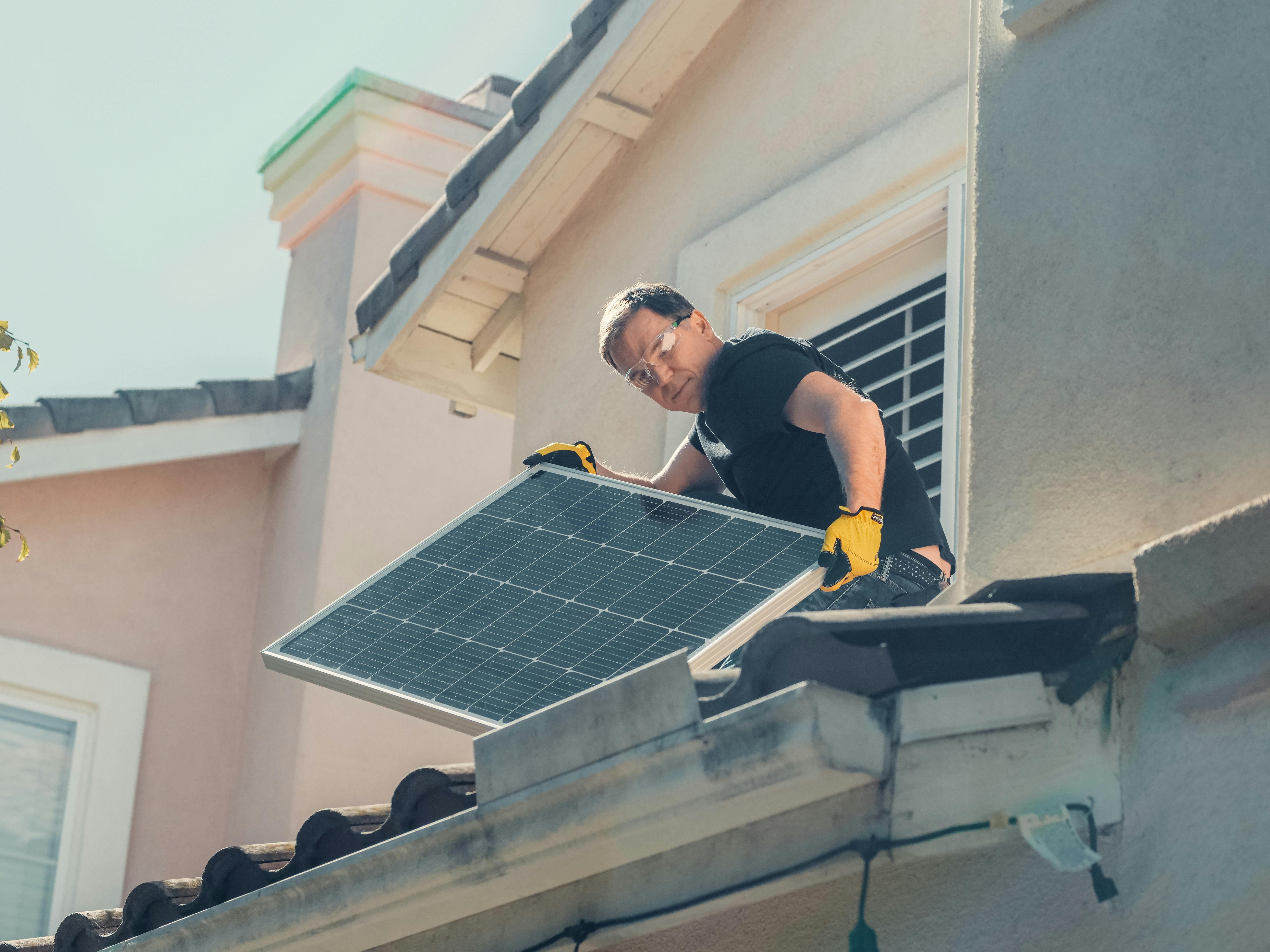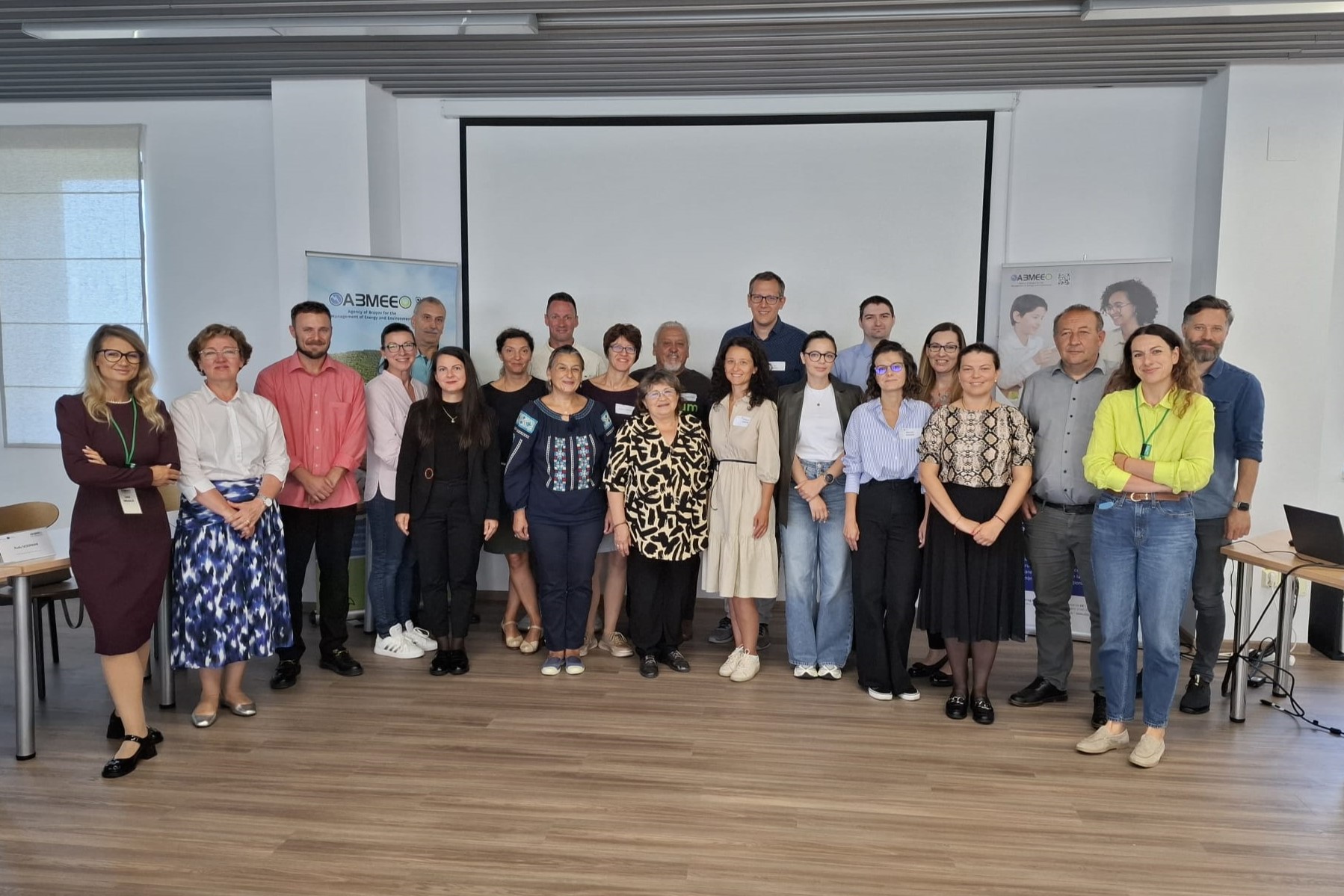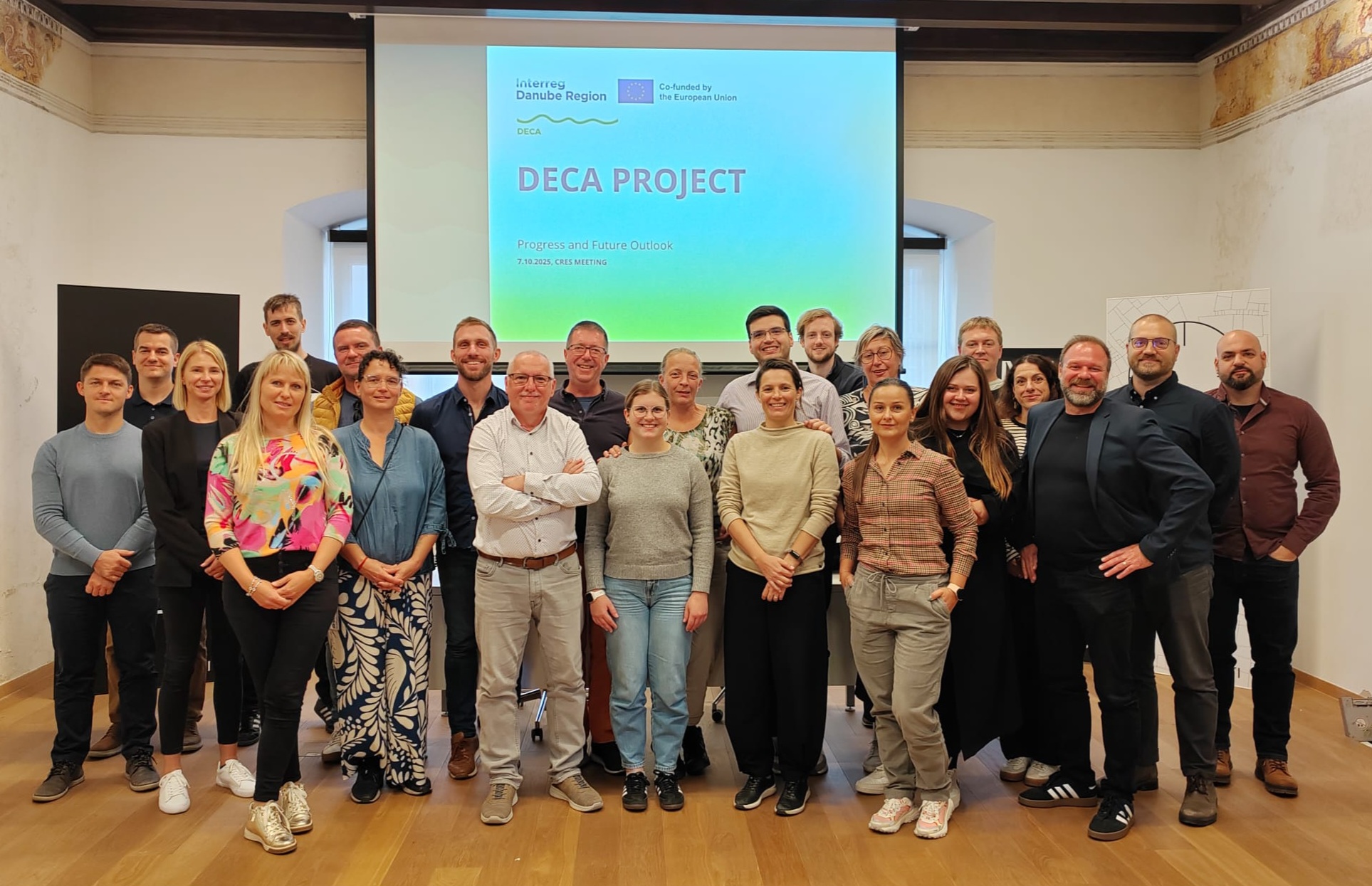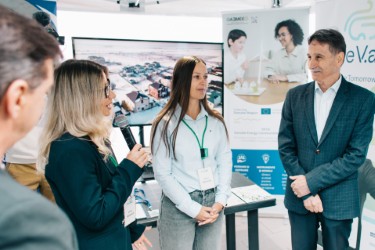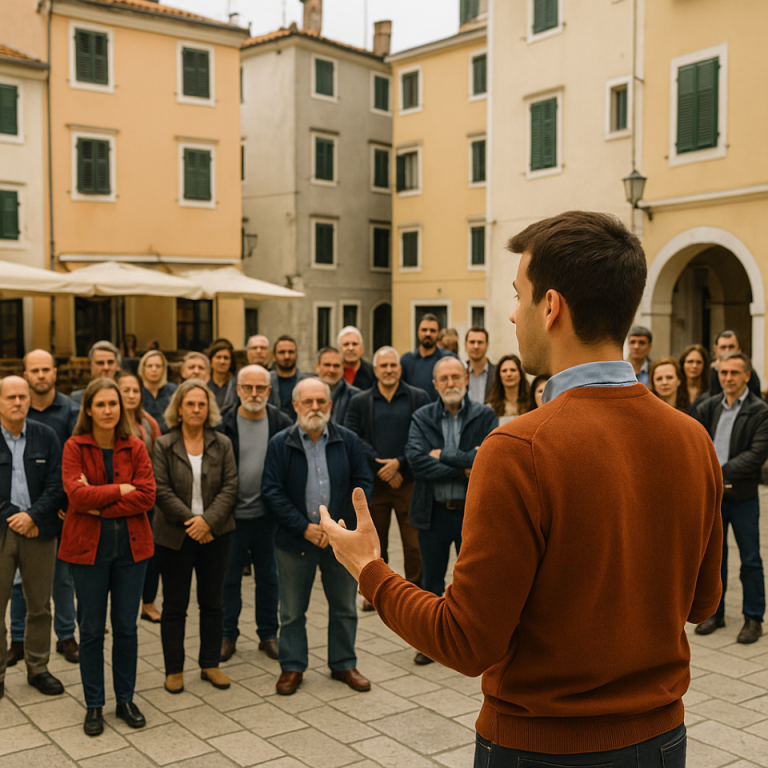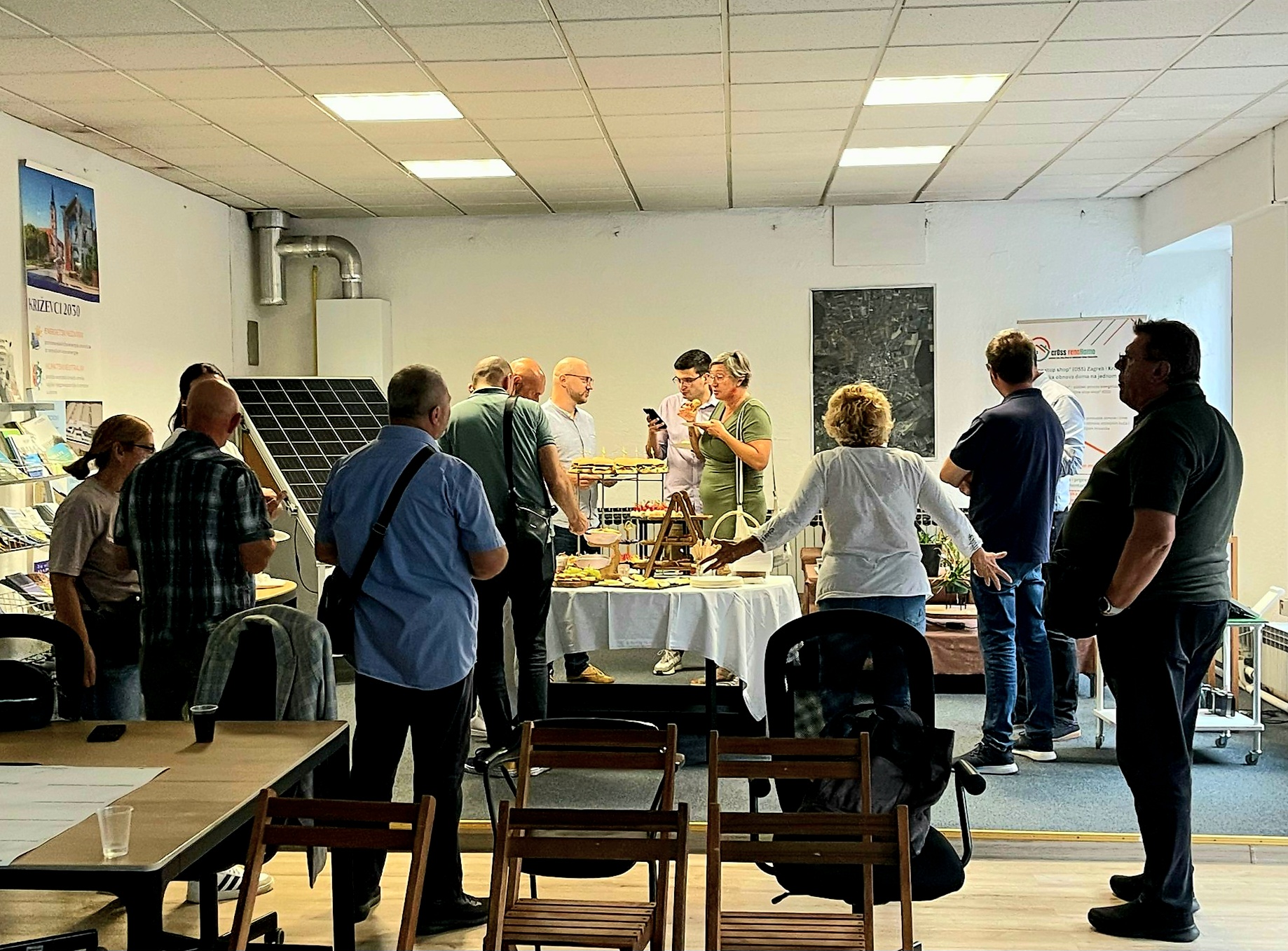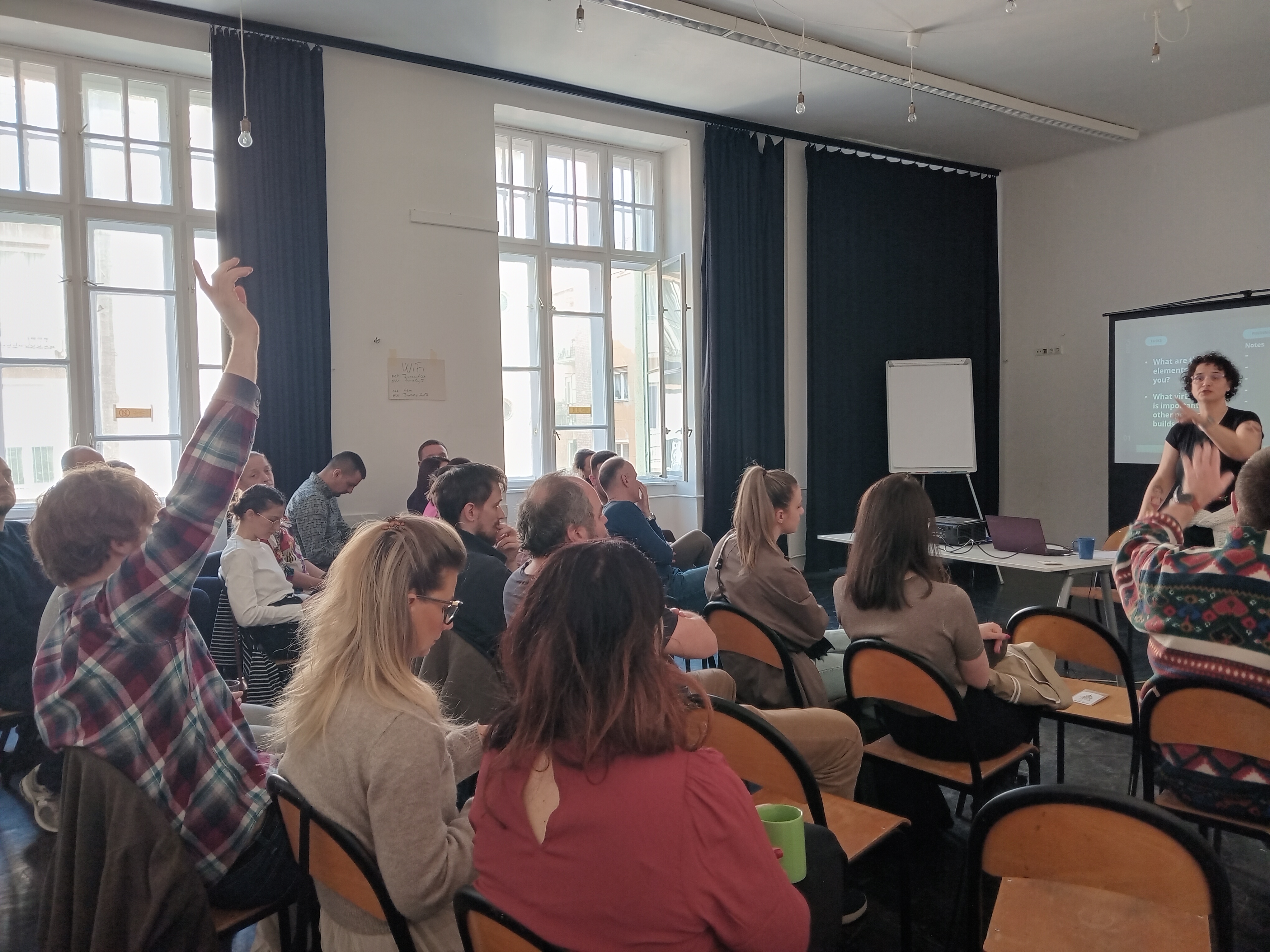
Two Different Community Energy Business Models: Lessons from the Learning Labs in Budapest, Hungary
Two Different Business Models: Lessons from the Learning Labs in Budapest, Hungary
The DECA – Danube Energy Community Accelerator project continues to advance community-led renewable energy initiatives across the Danube region. A key component of this effort has been the Learning Labs, which provide hands-on opportunities for participants to engage with real-world energy community models.
Following an earlier online Learning Lab on the link between energy communities and energy poverty, two in-person Learning Labs were held in Budapest, focusing on trust-building and collaboration—critical factors in the successful establishment and long-term sustainability of community energy initiatives.
Learning Lab 1: Kazan Community House – A Cooperative Approach to Energy Independence
The first Learning Lab centred on Kazan Community House, an alliance of eight organizations housed in a collectively owned space. Participants examined how a grassroots initiative can develop an energy community by leveraging collaborative ownership, shared governance, and financial independence.
A 36 kWp solar panel system, installed with professional assistance from KESZ, served as the foundation for the Kazan Energy Community. This project was funded through community crowdfunding and alternative financing.
Key lessons learned from this session included:
• Collective ownership fosters long-term commitment, but requires strong governance structures to function effectively.
• Financial sustainability is crucial, with alternative funding sources playing a key role in the success of independent energy communities.
• Decentralized energy solutions empower local organizations, reducing reliance on private energy providers and enhancing resilience.
Learning Lab 2: Jurányi Production Community Incubator House – Integrating Renewable Energy in Cultural Spaces
The second Learning Lab focused on Jurányi Production Community Incubator House, a space supporting independent performing arts companies and creative professionals. Unlike Kazan, this model integrates community energy within an established cultural institution, showcasing how renewable energy solutions can be adapted to nonprofit and artistic environments.
A solar panel system was installed in December 2024 following an extensive preparation period, with funding secured through a community donation campaign and support from MagNet Bank. The implementation of smart meters has since allowed for more efficient tracking of energy consumption, demonstrating the value of data-driven energy management in community spaces.
Key lessons learned from this session included:
• Cultural and nonprofit spaces can successfully integrate renewable energy, provided they have sustainable financial models.
• Smart energy management tools improve efficiency, helping organizations monitor consumption and optimize their energy use.
• Community-led funding is a viable strategy, particularly when paired with institutional support from banks and local stakeholders.
Key Takeaways from Both Learning Labs
Reflecting on both models, participants identified several overarching lessons:
• Trust and transparency are essential in engaging stakeholders and ensuring long-term collaboration.
• Successful energy communities rely on tailored business models, whether cooperative-led (Kazan) or institution-based (Jurányi).
• Community engagement strengthens project impact, ensuring local buy-in and long-term viability.
• Financial sustainability is key, with alternative funding mechanisms proving essential in both case studies.
These lessons will serve as a foundation for further DECA initiatives, strengthening citizen-led renewable energy efforts across the Danube region.
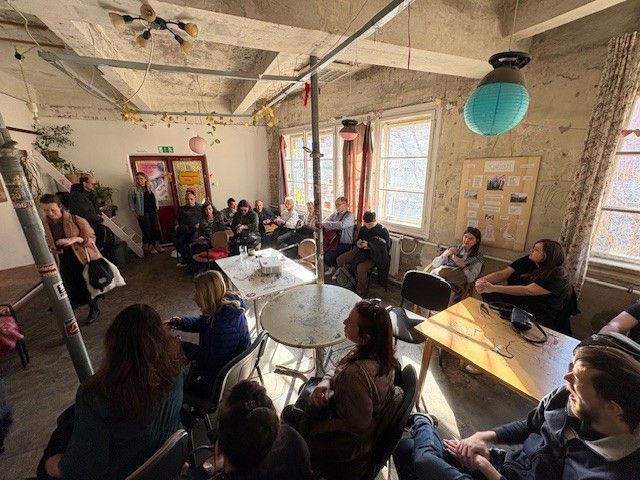
News & Events
Read the most recent updates and explore the upcoming events.


